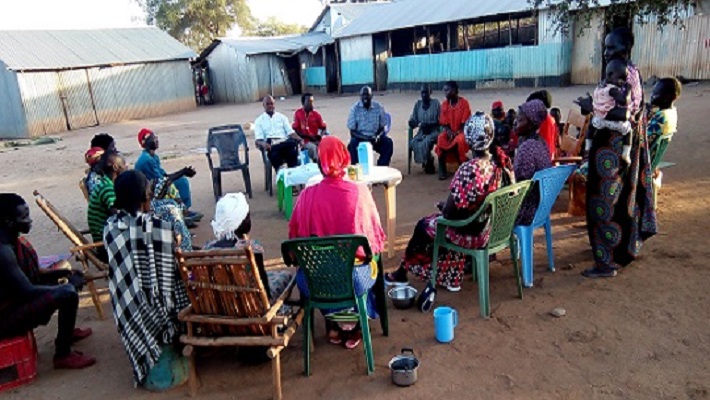By Paschal Norbert
NAIROBI, MARCH 28, 2023 (CISA) – “I must emphasize that the small Christian community is a backbone of the church in Africa. In Europe because of individualism like the Holy Father said, it could be difficult but here we have the structures and it is something that is woven into our culture. And so, the small Christian communities, the mission stations, the parishes, the deaneries, and the dioceses are all structures through which consultations can be done. And I think that when you get the small Christian communities walking the church is vibrant because everybody knows everybody in the neighbourhood,” says Most Rev Andrew Nkea of the Catholic Diocese of Bamenda, Cameroon.
According to the archbishop, the Church not only exists at the parish centre but also the grassroots, “the church exists also in the quarters and this is how the church impacts the society. Taking for example, the synodal documents, and the consultations, these documents went right to the grassroots, and from the grassroots, they came up as the small Christian communities, the mission stations, the parishes, and the deaneries before the level of the diocese.”
He explains that nourishing and supporting the small Christian communities ensures that no one is left out because “once you start from the small Christian community, that’s the church in the neighbourhood. They start giving the ideas and the ideas are being brought up by delegates, right from the small Christian communities to the diocesan level.”
“In that way, when you take a decision, that decision is not an uninformed decision because it has touched all the levels of the Christian communities and Christian belonging, and that’s why I talk about decision making and decision taking,” he counsels.
Archbishop Nkea posits that for the faithful to own the Church, they ought to be part of the decision-making process of the Church.
“We all make decisions and in making up decisions, everybody’s opinion is considered, but in the end, it is the bishop, the one in charge of the local church who takes the decision because he’s responsible for the flock of that diocese. And when he takes that decision, he’s taking an informed decision. And therefore, when he takes a decision, which has been made by the community, the community identifies with the decision. But if he takes a decision alone, he makes his decision and takes it. He doesn’t touch the lives of the people,” states the president of the National Episcopal Conference of Cameroon (NECC).
